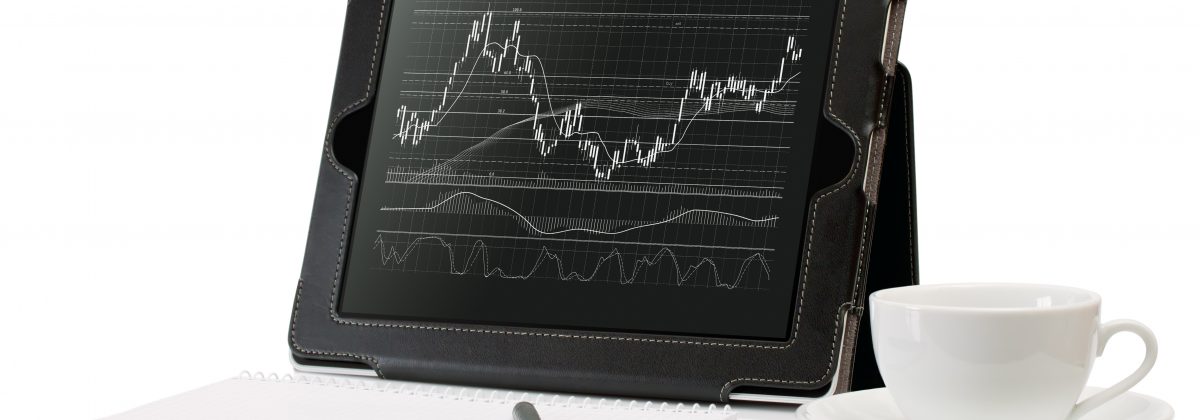The Darvas Box forex indicator is a trading strategy named after its inventor, Nicholas Darvas, who was by profession a ballroom dancer. The ideology is simple; simply buy into stocks that are trading at new peaks. The strategy is applicable to any financial asset, including commodities, currencies, and more.
Nicholas Darvas made $2,000,000 in an 18-month period by trading stocks using this method in the 1950s, while he travelled the world for his dance tours. Based on this successful stint, he wrote a book, called How I Made $2,000,000 in the Stock Market. The approach is rather simple if one understands the basic rationale.
Price Momentum Based Strategy
Darvas Box is typically formed when there is a surge in the price of a currency pair, past the previous high, followed by a dip to a new level, not far from that peak. The strategy employs technical analysis and momentum model to let traders know when to enter and exit a trade. It also uses fundamental analysis to define which asset to buy and sell.
With the signal of a break, i.e, when the price breaks outside the Darvas Box, traders are aided to decide on the price at which they should enter or exit a trade. For example, if the price is moving between $30 and $35, that is a box. The goal is to only buy stocks moving into higher boxes. Now, if the price moves above $35 to $35.50, one could buy the stock. If the price drops below $30 (of the $30 to $35 box), then the stock is going downwards, and hence not fit to be bought. The limits of the boxes are not set, since they are mainly driven by market forces. The price can remain in a box for a long time. As long as the price doesn’t fall to the low of the box, the stock or asset can be bought.
The strategy is defined to identify signs that a currency is ready to make a strong move. The probability of a big move is usually depicted with a huge surge in volume. Once a rare volume increase is spotted, a Darvas Box with a narrow price range is created.
Rules and Guidelines
Nicholas Darvas had initially started with $10,000, which he invested in just one stock. He always used a stop loss function to control risk, and cushion his money against losses. With growing capital, he further allocated money to different stocks. This led to him establishing certain rules and practices for traders to follow when using this strategy, such as:
- Looking for increasing volume, when selecting stocks to trade. This helped him to be alert about new stocks that showed all likelihood of seeing strong trends in the market.
- Buying stocks that not only presented an upper box limit breakout price, but also showed an upward earning trend.
- Buying a stock when the upper box limit is broken.
- If, on entering a trade, the price drops out of the new box and moves back into the old one, exit the trade.
- Set in advance the entry and stop loss orders, to avoid the risk of missing trades and to mitigate risk.
- Recording all trades, and the reasons why one entered or exited them.
- Observing the general market scenarios. The market must favour buying. Darvas has cautioned against buying stocks when major indexes are in a bear mode.
The strategy is, however, to be used with caution in choppy market conditions, where it might result in losses. Trading with this method requires a certain amount of discipline, and could lead to successful trades when strong trends emerge in the market. This tool is available on major trading platforms, including MetaTrader 4.
Disclaimer
If you liked this educational article please consult our Risk Disclosure Notice before starting to trade. Trading leveraged products involves a high level of risk. You may lose more than your invested capital.





